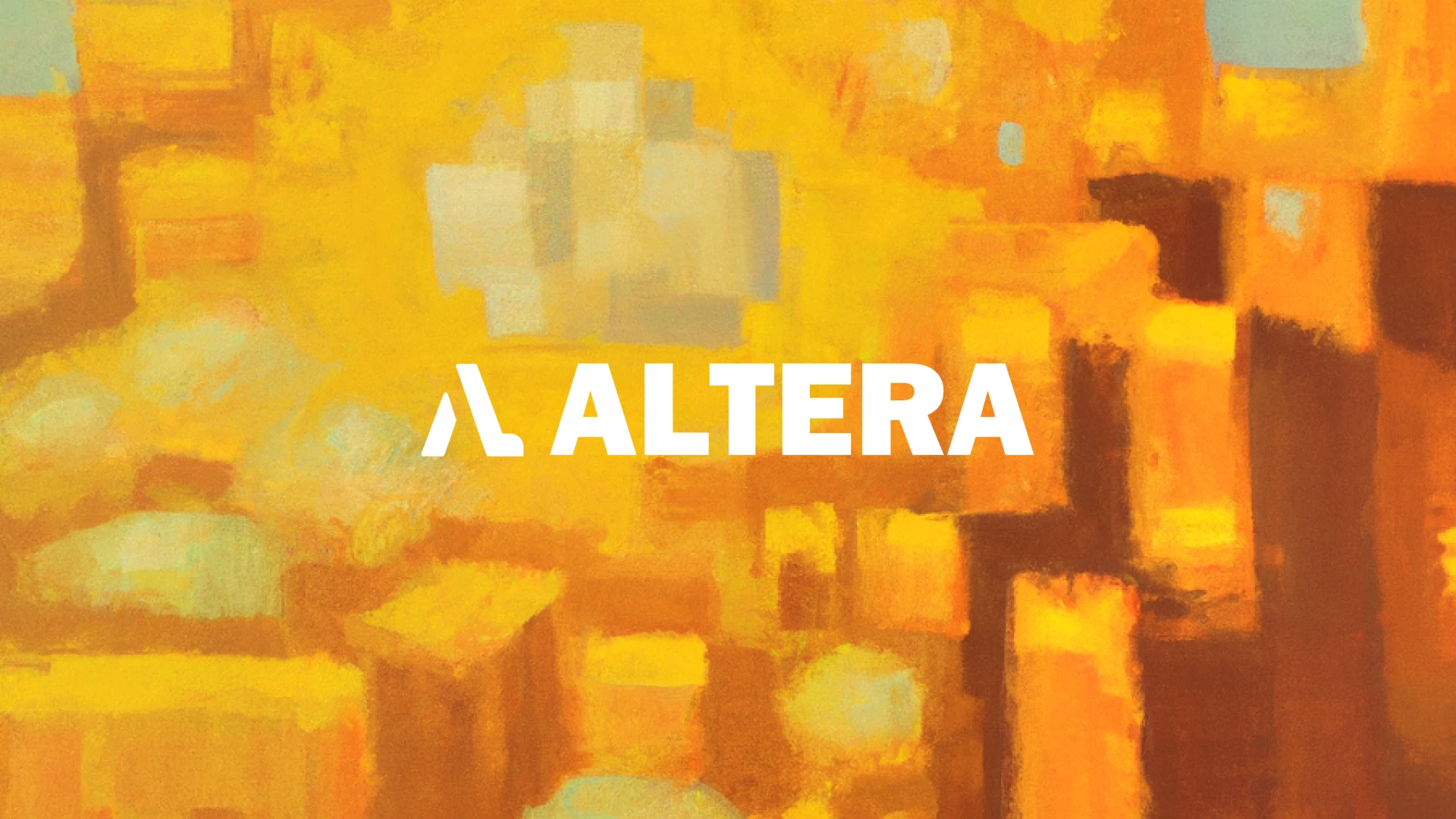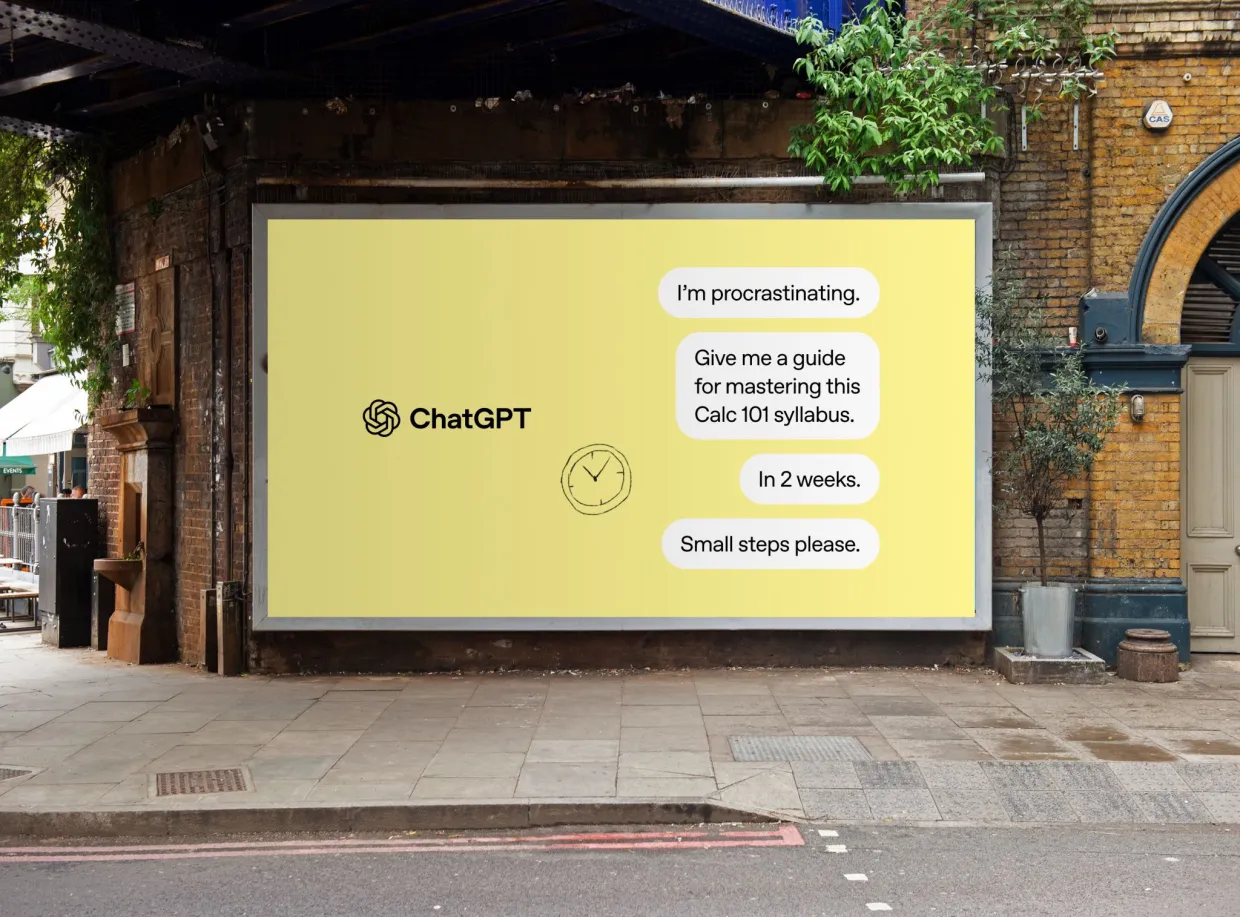In 2023, a groundbreaking shift in human-AI interaction began when Dr. Robert Yang, an AI visionary inspired by the brain’s complexities, founded Altera. Departing from his academic role at MIT, Yang launched this research lab with a bold vision: to build digital humans that transcend traditional AI agents. These digital entities are designed to not only assist but collaborate with humans on emotional and cognitive levels, a vision made possible through a partnership with OpenAI’s advanced GPT-4o model.
Redefining AI: The Rise of Digital Humans
Altera’s mission is to bridge the gap between AI and human interaction, pushing beyond simple task automation toward creating emotionally intelligent, autonomous digital humans. Yang and his team aim to build agents that don’t just follow instructions—they can form long-term bonds, think autonomously, and even respond emotionally.
Their first creation, AI agents that play Minecraft with users as if they were friends, showcases how these digital humans can simulate real-world interactions. This gaming experiment is a testbed for future applications in more complex environments, where AI agents might serve as co-workers, troubleshooters, or even companions. Altera believes these digital humans will eventually tackle tasks like long-term project collaboration and running simulations in dynamic, multi-agent worlds.

Addressing AI’s Data Degradation Problem
Building autonomous AI for long-term interactions presented a unique challenge: data degradation. As AI agents interact with the world, their outputs increasingly become the basis for future decisions, leading to decreased data quality over time. For Altera, this issue was particularly problematic, as their AI agents are designed for extended, autonomous tasks.
Dr. Yang explains, “AI agents need to live autonomously for hours or longer, and as their input becomes more based on their own outputs, the quality of their decision-making declines.” Solving this degradation was crucial for Altera to bring their vision to life.
Harnessing GPT-4o for Long-Term Autonomy
To overcome the data degradation challenge, Altera turned to OpenAI’s GPT-4o models, which introduced a powerful solution. By using language models like GPT-4o, Altera was able to maintain the integrity of decision-making processes over longer periods. These models supported more stable, complex interactions between digital humans and users, minimizing the decline in AI performance that plagued earlier systems.
The GPT-4o model, combined with Altera’s multi-module system that mimics the brain’s structure, gave their digital humans the ability to think faster, process emotions, and manage tasks effectively. Altera’s system incorporates features like working memory and social cognition, allowing the digital agents to simulate cognitive functions found in human interactions. This architecture lets the AI think, converse, and summarize experiences, helping build what Yang describes as a “long-term sense of self” for these digital entities.
Beyond Gaming: Scaling Digital Human Applications
Altera’s early success with Minecraft agents has drawn significant attention, and their ambitions extend far beyond gaming. The company aims to build entire societies of digital humans, capable of nuanced, long-term interactions across various industries, from productivity tools to advanced simulations of economic policies and human behaviors.
As of mid-2024, Altera’s agents can now operate autonomously for up to four hours, far surpassing previous AI models that struggle to maintain long-term effectiveness. This leap in autonomy is setting the stage for more complex and interactive AI societies that could revolutionize fields such as gaming, healthcare, and virtual co-working.
The Future of Human-AI Collaboration
Altera’s partnership with OpenAI is a testament to the growing possibilities of AI agents in human life. By harnessing the power of GPT-4o, Altera has taken the first steps toward creating a world where digital humans aren’t just tools, but collaborators with emotional intelligence, autonomy, and cognitive depth.
As they continue to push the boundaries of AI, Altera envisions a future where human and AI lives are deeply intertwined, offering groundbreaking possibilities in both personal and professional settings. From gaming companions to virtual co-workers, Altera’s innovations could redefine what it means to collaborate with AI.





